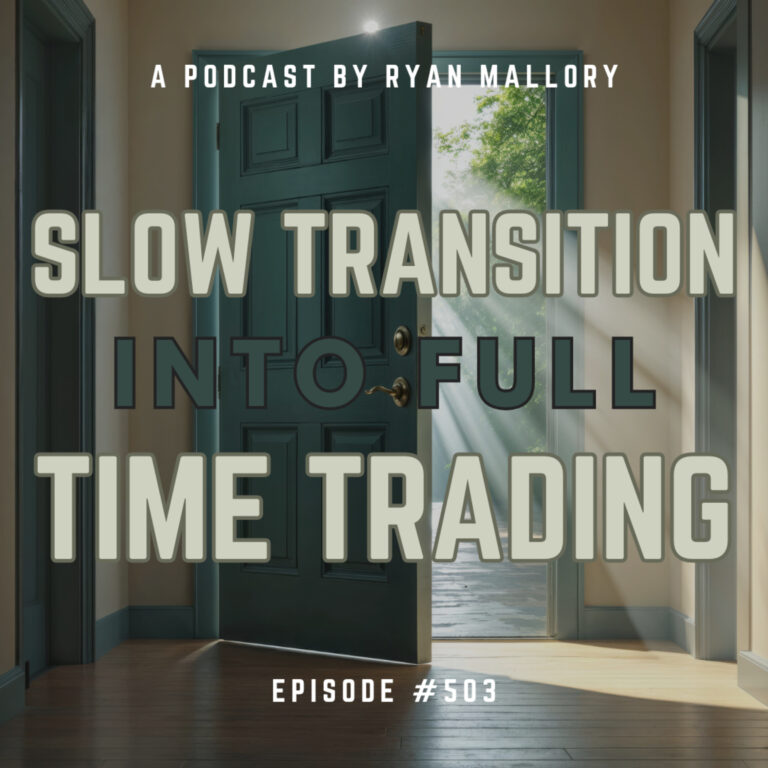In an effort to further show my disdain for the SEC and what they are doing to screw up Wall Street and what should be a free market, I’m going to write another post on the unintended consequences of banning short selling.
I believe that Monday’s drop, which saw the Nasdaq drop 10% among other indices would have been far less had the short selling on the financials never been prohibited. You have to remember that when you short a stock you are selling then buying back those shares at a hoped for price that is less than the original sale price. Important to the market and often responsible for large market rallies and liquidity to a down-trodden market is the buy-back portion of the short-sale transaction.
On the day of a large market decline, like the one we saw last Monday, the smart money either gets in very early or gets in before the market opens – say the day prior. So then there is a large chunk of the shorting that has already taken place. When the market continues to decline as it did, the shorts begin covering their positions and buying back the stock and as a result we see what traders call a “squeeze” where short sellers across the board are buying back the stock to close out their transaction.
As a result the fall is padded quite a bit and even though the decline still remains significant on the day, it is mitigated to the extent that you don’t get a 10% decline as we saw on Monday, and multi-percentage declines throughout the week, save Tuesday, which saw a heft market bounce.
So maybe last Monday the Nasdaq would have only sold off 5% and the S&P maybe only 4% – still significant declines but far less than what reality gave us. When you remove the short sellers from the market, you remove a significant amount of buying power that provides liquidity to a market that lacks the incentive to go long on socks and when that happens, the market will do nothing more than continue to go down.

Welcome to Swing Trading the Stock Market Podcast!
I want you to become a better trader, and you know what? You absolutely can!
Commit these three rules to memory and to your trading:
#1: Manage the RISK ALWAYS!
#2: Keep the Losses Small
#3: Do #1 & #2 and the profits will take care of themselves.
That’s right, successful swing-trading is about managing the risk, and with Swing Trading the Stock Market podcast, I encourage you to email me (ryan@shareplanner.com) your questions, and there’s a good chance I’ll make a future podcast out of your stock market related question.
How should one go from their regular 9-5 job into full-time trading? As a swing trader, we don't have to necessarily be full-time, and instead we can combine our trading into a lifestyle that allows us to maximize our time and earning ability.
Be sure to check out my Swing-Trading offering through SharePlanner that goes hand-in-hand with my podcast, offering all of the research, charts and technical analysis on the stock market and individual stocks, not to mention my personal watch-lists, reviews and regular updates on the most popular stocks, including the all-important big tech stocks. Check it out now at: https://www.shareplanner.com/premium-plans
📈 START SWING-TRADING WITH ME! 📈
Click here to subscribe: https://shareplanner.com/tradingblock
— — — — — — — — —
💻 STOCK MARKET TRAINING COURSES 💻
Click here for all of my training courses: https://www.shareplanner.com/trading-academy
– The A-Z of the Self-Made Trader –https://www.shareplanner.com/the-a-z-of-the-self-made-trader
– The Winning Watch-List — https://www.shareplanner.com/winning-watchlist
– Patterns to Profits — https://www.shareplanner.com/patterns-to-profits
– Get 1-on-1 Coaching — https://www.shareplanner.com/coaching
— — — — — — — — —
❤️ SUBSCRIBE TO MY YOUTUBE CHANNEL 📺
Click here to subscribe: https://www.youtube.com/shareplanner?sub_confirmation=1
🎧 LISTEN TO MY PODCAST 🎵
Click here to listen to my podcast: https://open.spotify.com/show/5Nn7MhTB9HJSyQ0C6bMKXI
— — — — — — — — —
💰 FREE RESOURCES 💰
— — — — — — — — —
🛠 TOOLS OF THE TRADE 🛠
Software I use (TC2000): https://bit.ly/2HBdnBm
— — — — — — — — —
📱 FOLLOW SHAREPLANNER ON SOCIAL MEDIA 📱
*Disclaimer: Ryan Mallory is not a financial adviser and this podcast is for entertainment purposes only. Consult your financial adviser before making any decisions.




